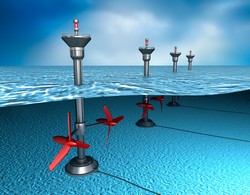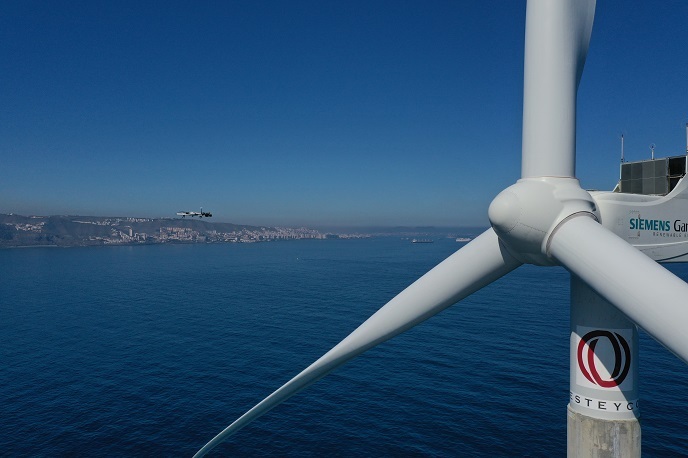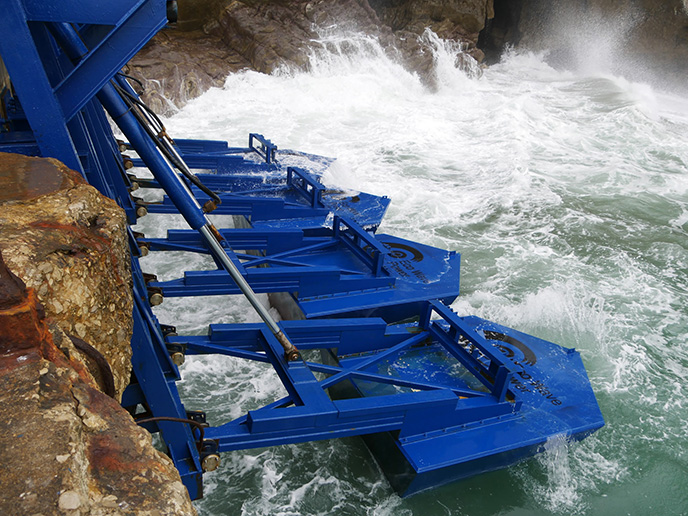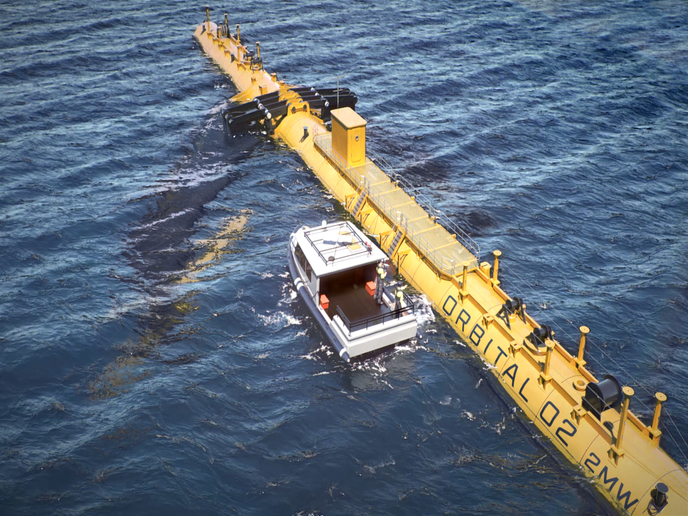Renewable ocean energy
The EU has set ambitious greenhouse gas reduction targets for 2020. Ocean energy, from waves and wind, is a perfect choice, yet its utilisation remains limited. The EU-funded MARINET (Marine renewables infrastructure network for emerging energy technologies) project coordinated EU efforts on the subject. The consortium provided collective access to 45 energy facilities operated by 30 European research agencies. Doing so accelerated development of marine renewable energy technologies, through fostering research and utilising the full capacity of the facilities. MARINET also promoted training and networking. The project developed a standardised set of best practices. The approach involved a "round robin" style testing, using a standard scale model tidal device. Such a method allowed comparison of the various infrastructures. The stage also enabled quantification of the effects of different simulated environments on test device performance. The outcome was a test-tank calibration factor to be used in the comparison. Researchers also developed new approaches for assessing offshore conditions. The team also evaluated the environmental impact of marine energy, and documented various monitoring techniques. Work yielded a total of 60 scientific papers and conference presentations, plus seven key articles in the Journal of Marine Energy. The sharing of ocean-energy facilities MARINET fostered research and quantified standardised testing. The work thus aided development of new sustainable energy technologies.
Keywords
Ocean energy, renewables, MARINET, infrastructure, network, assessment







